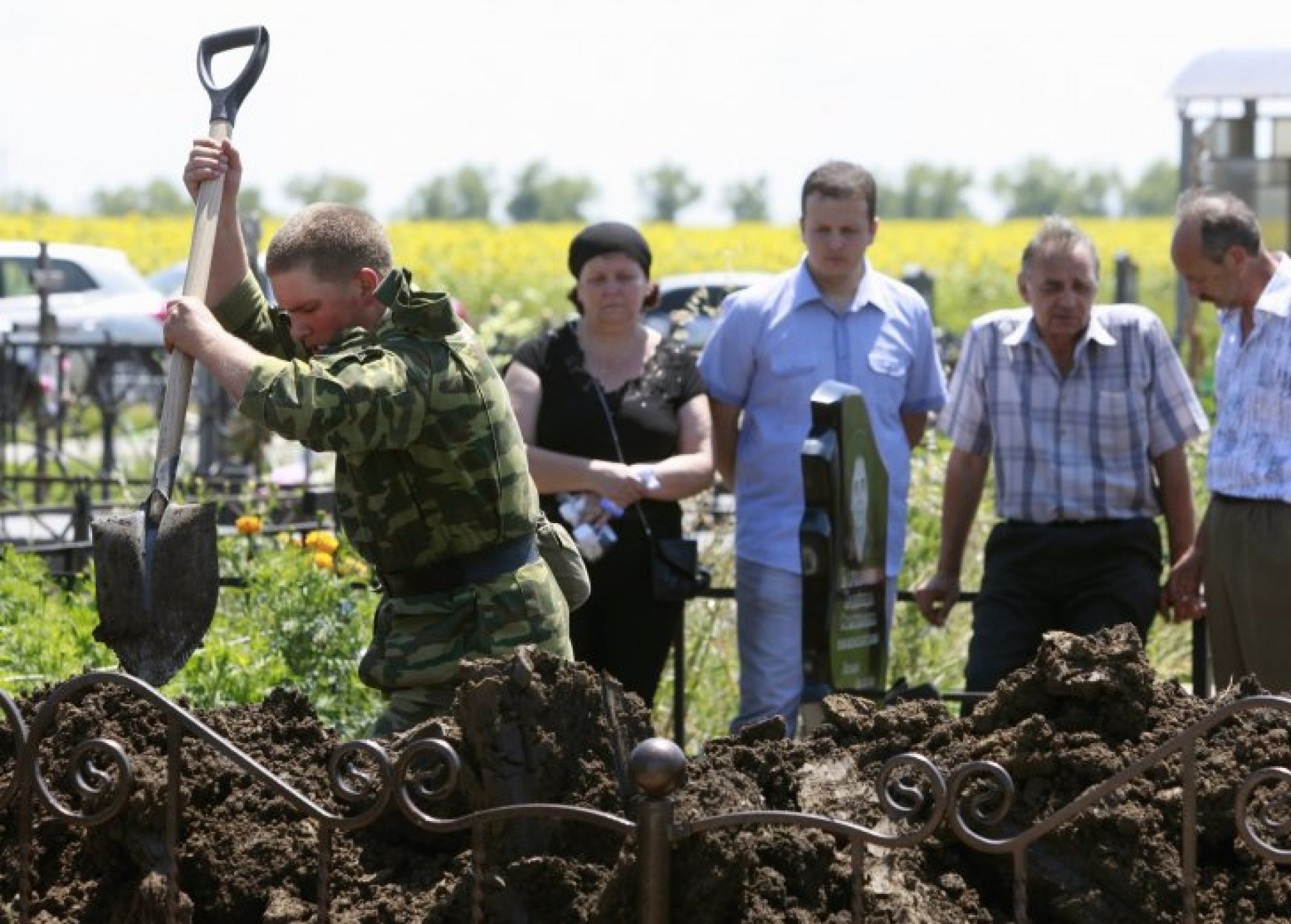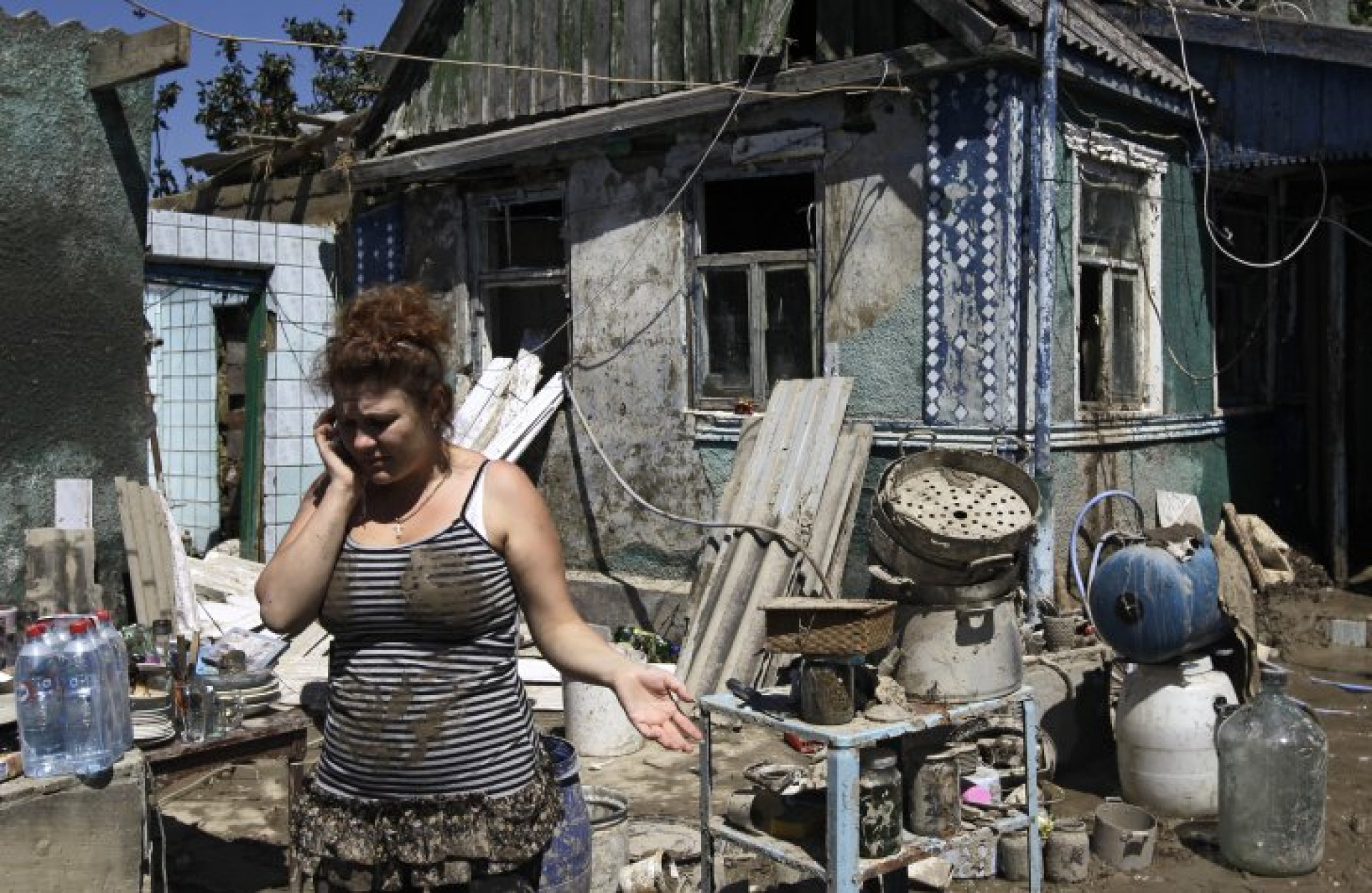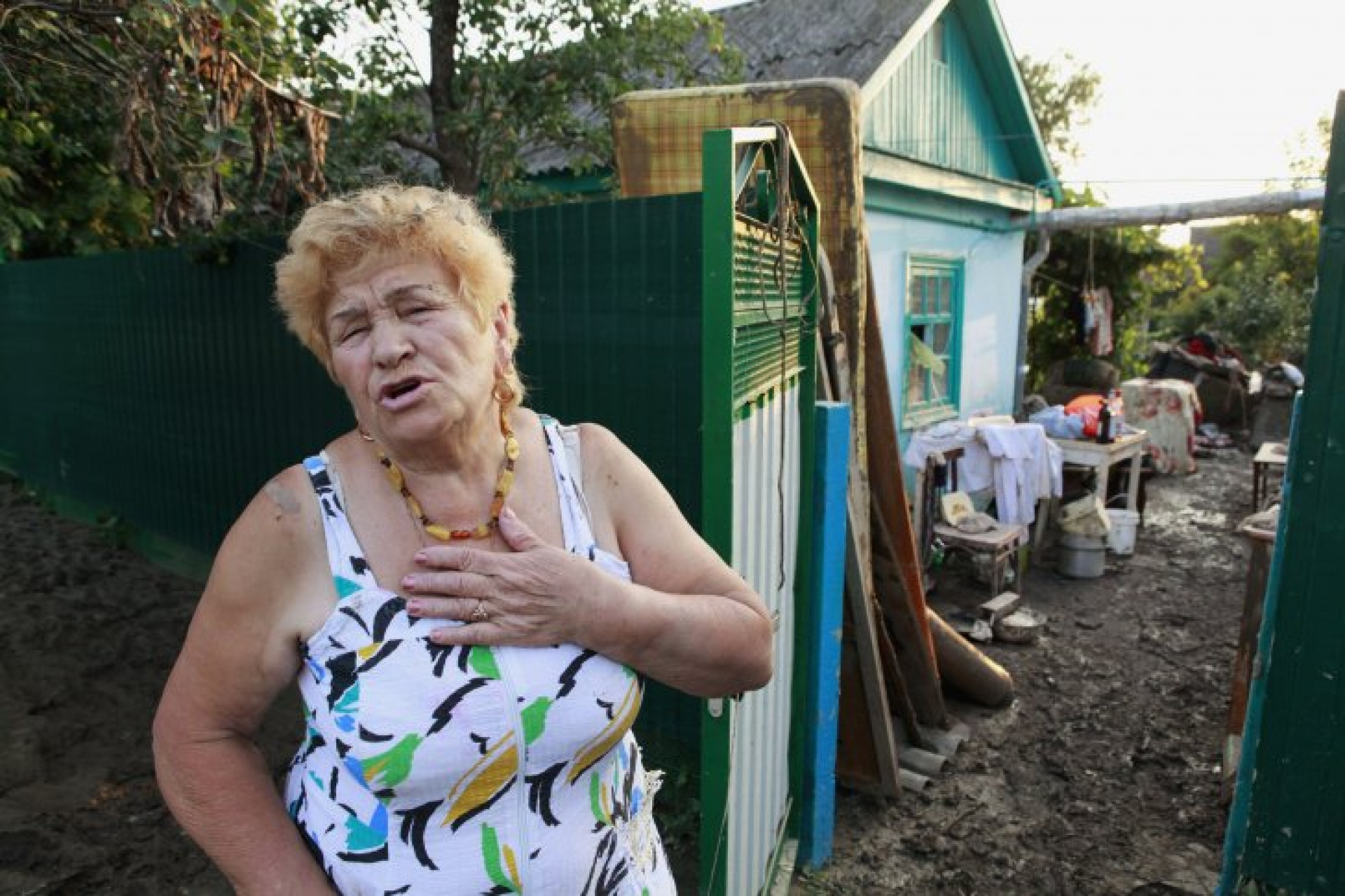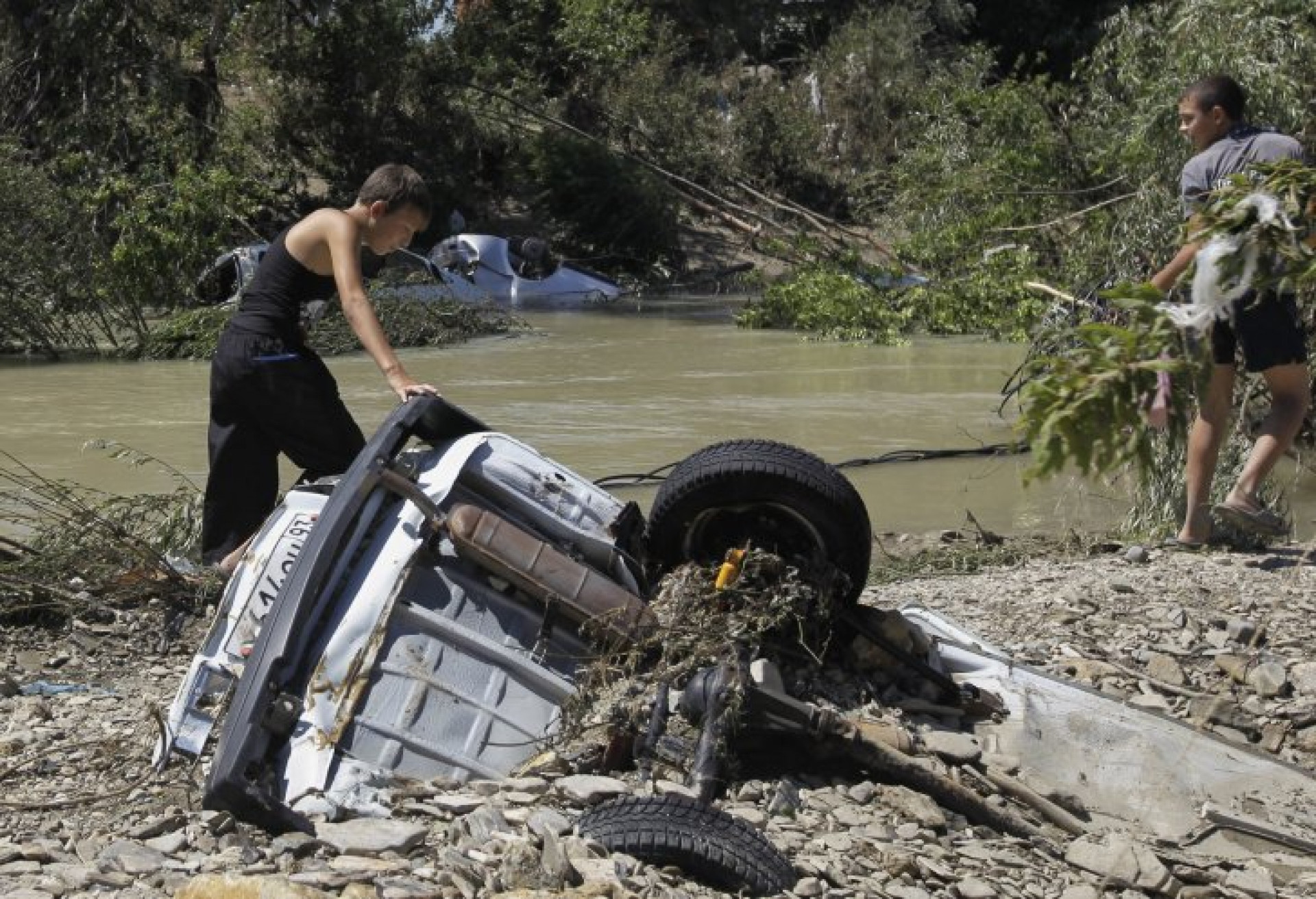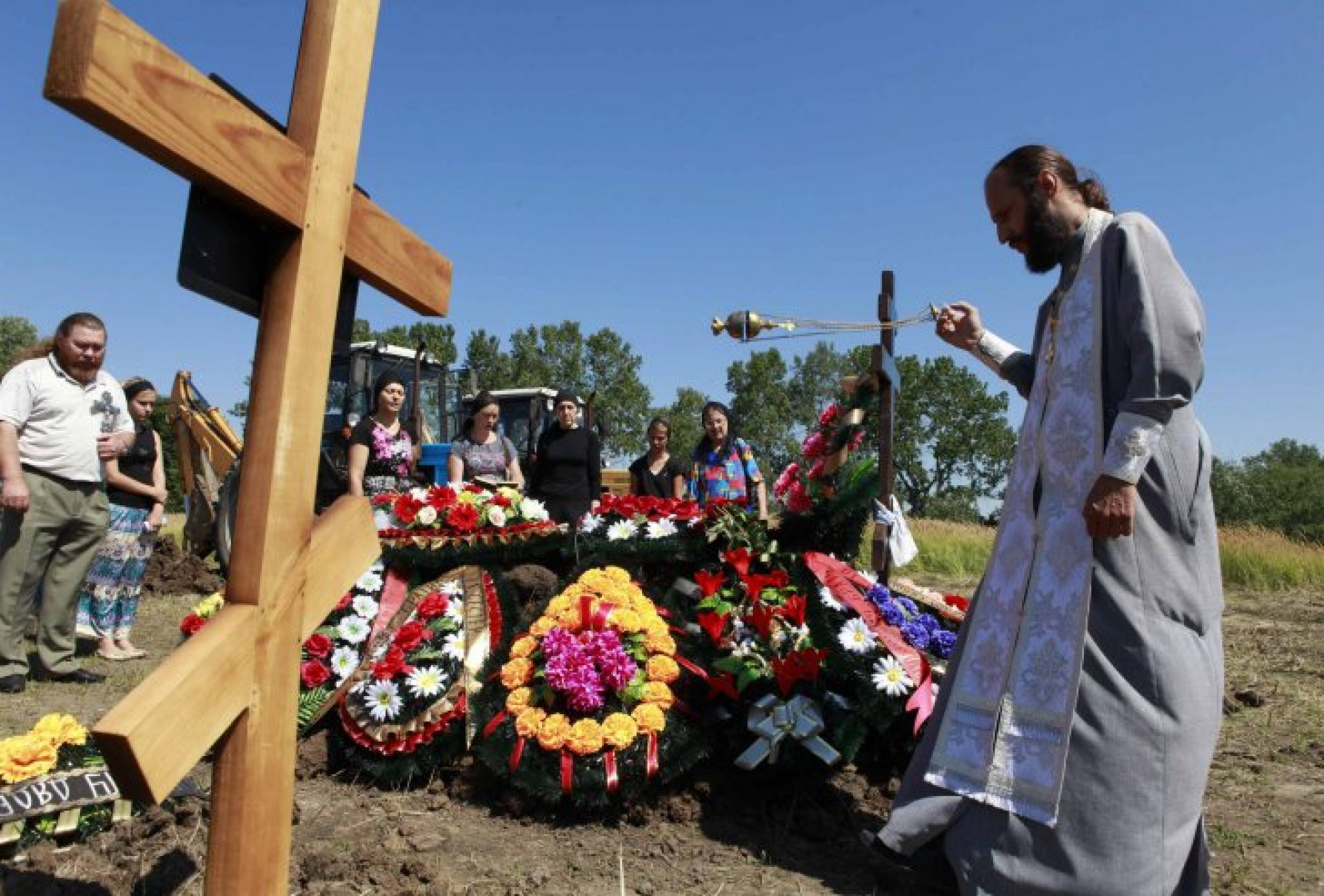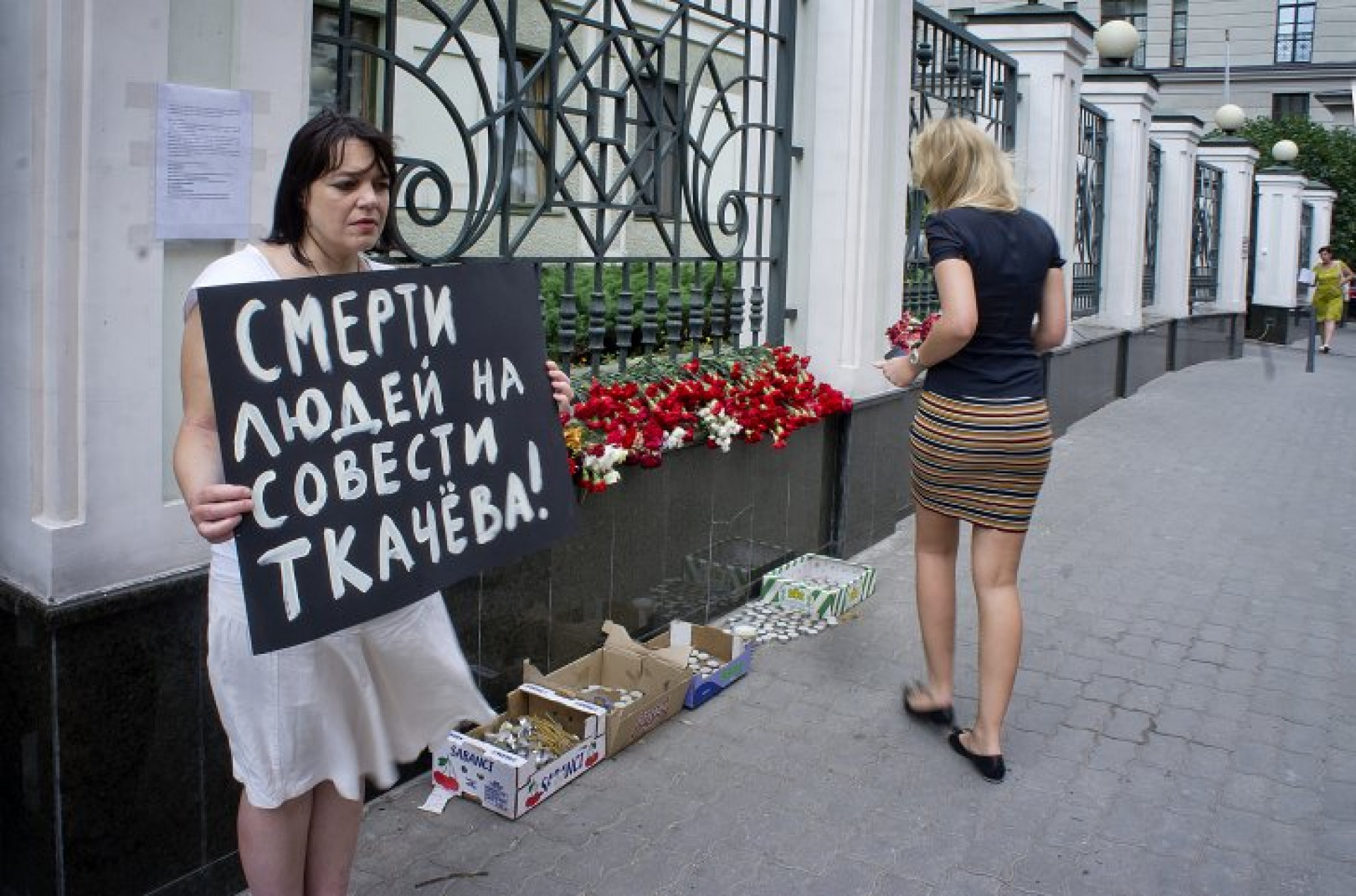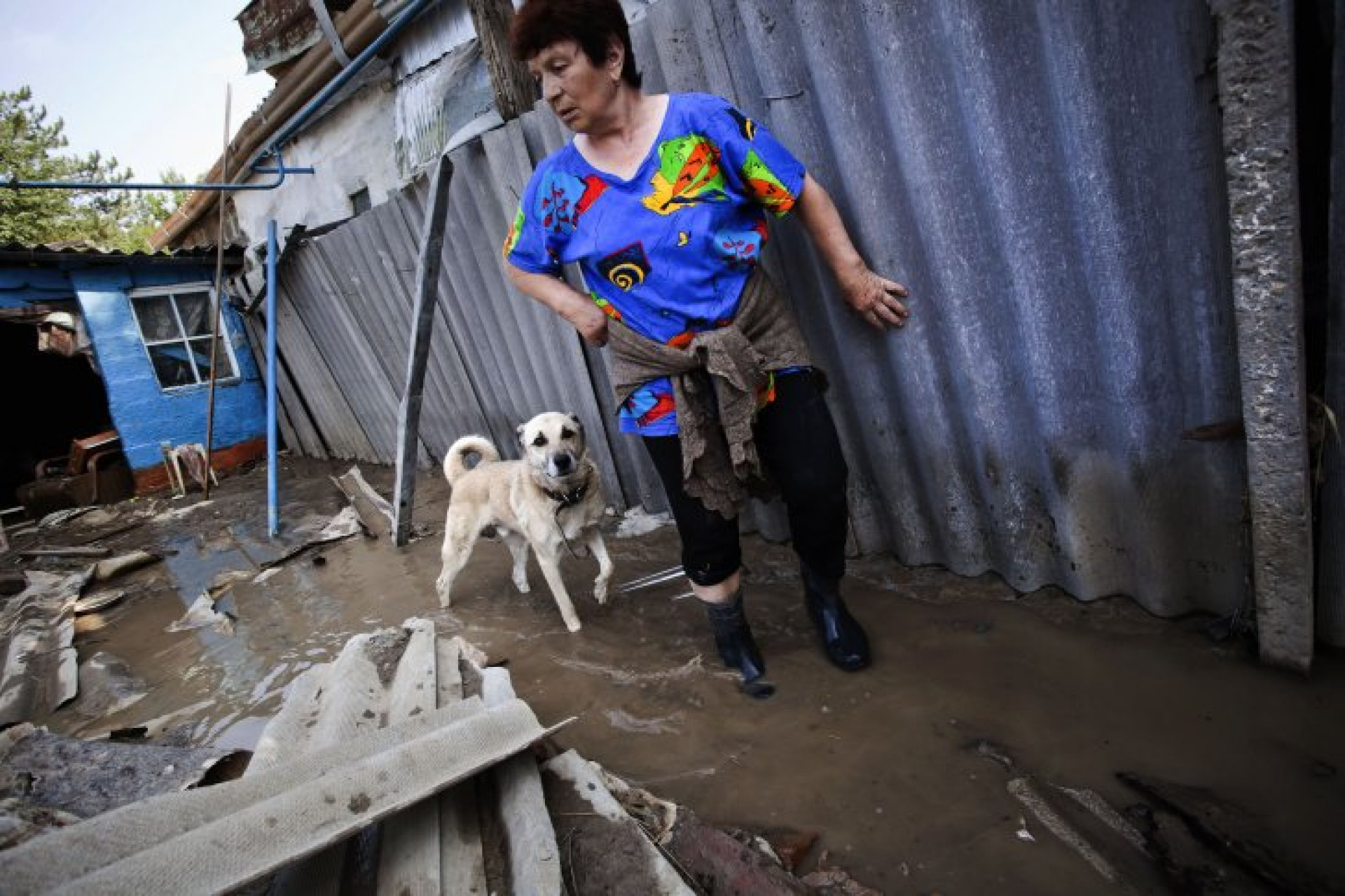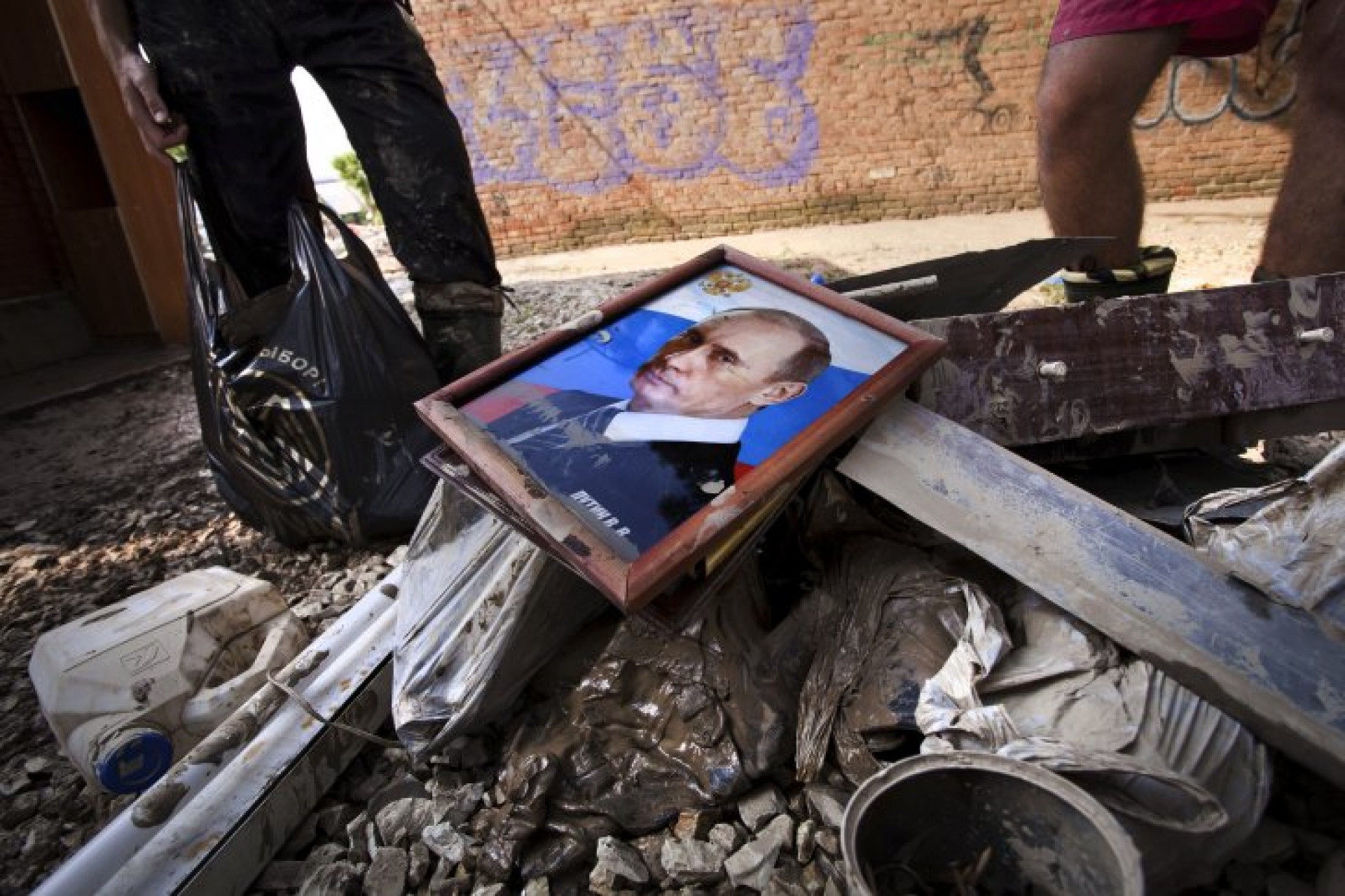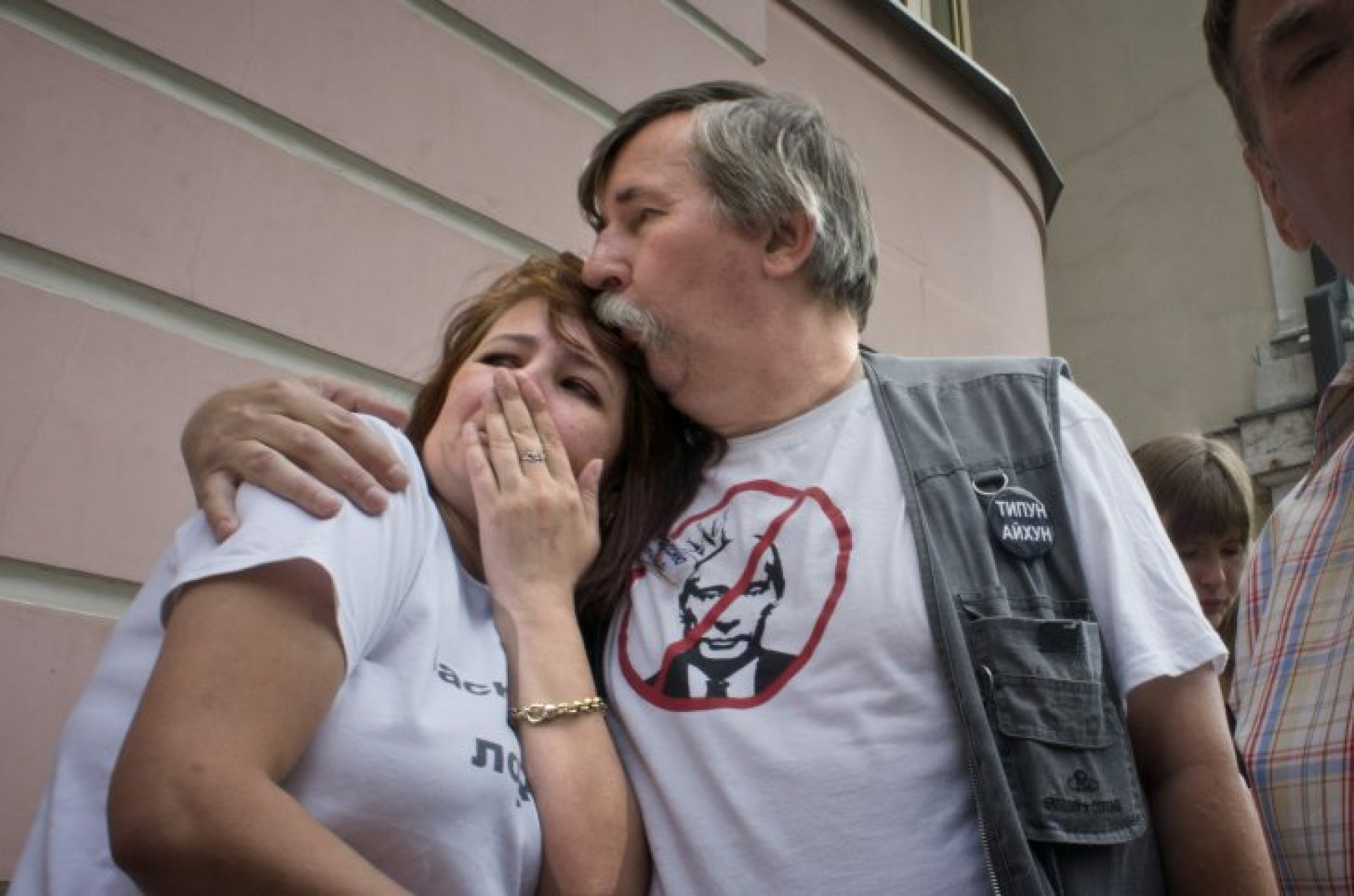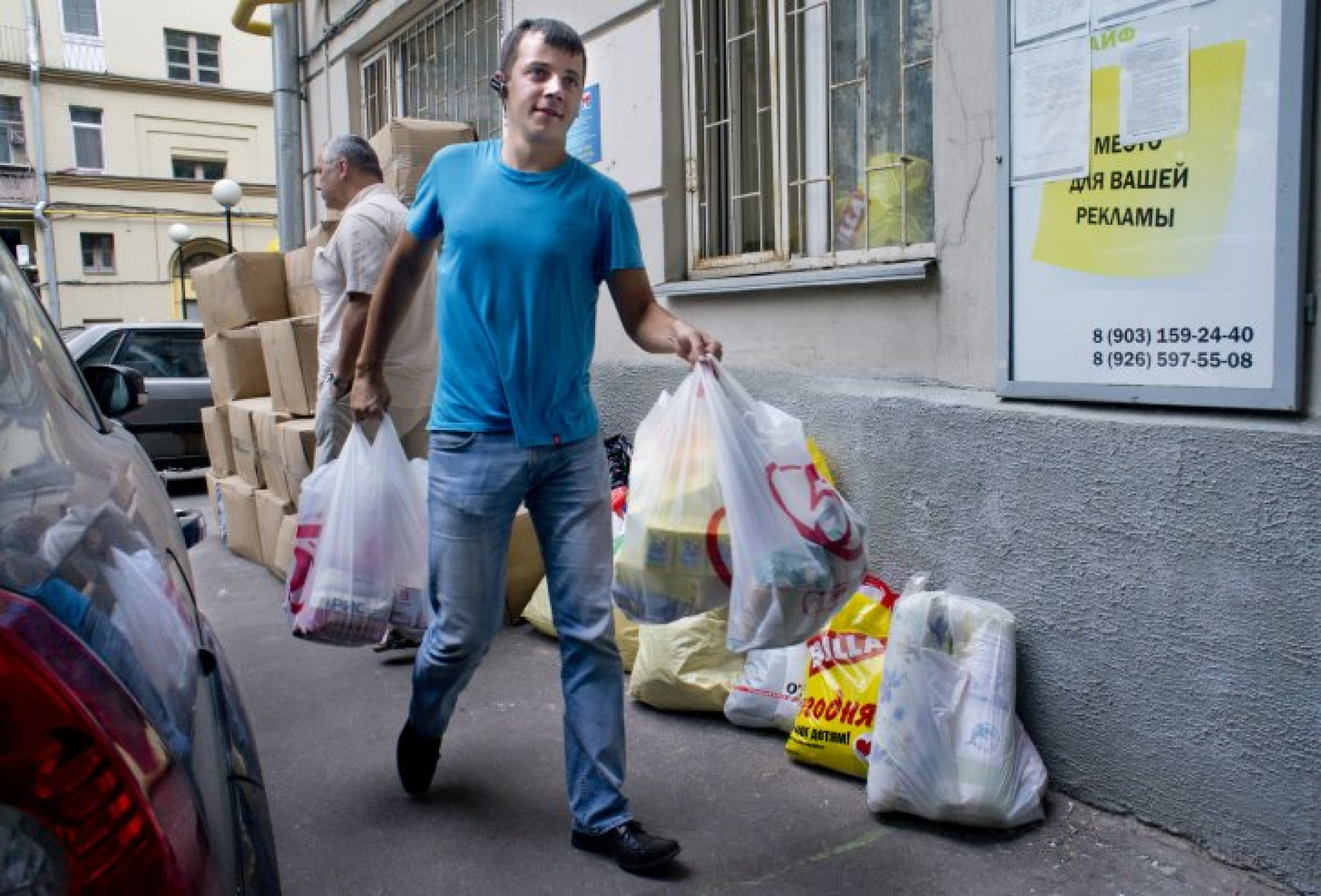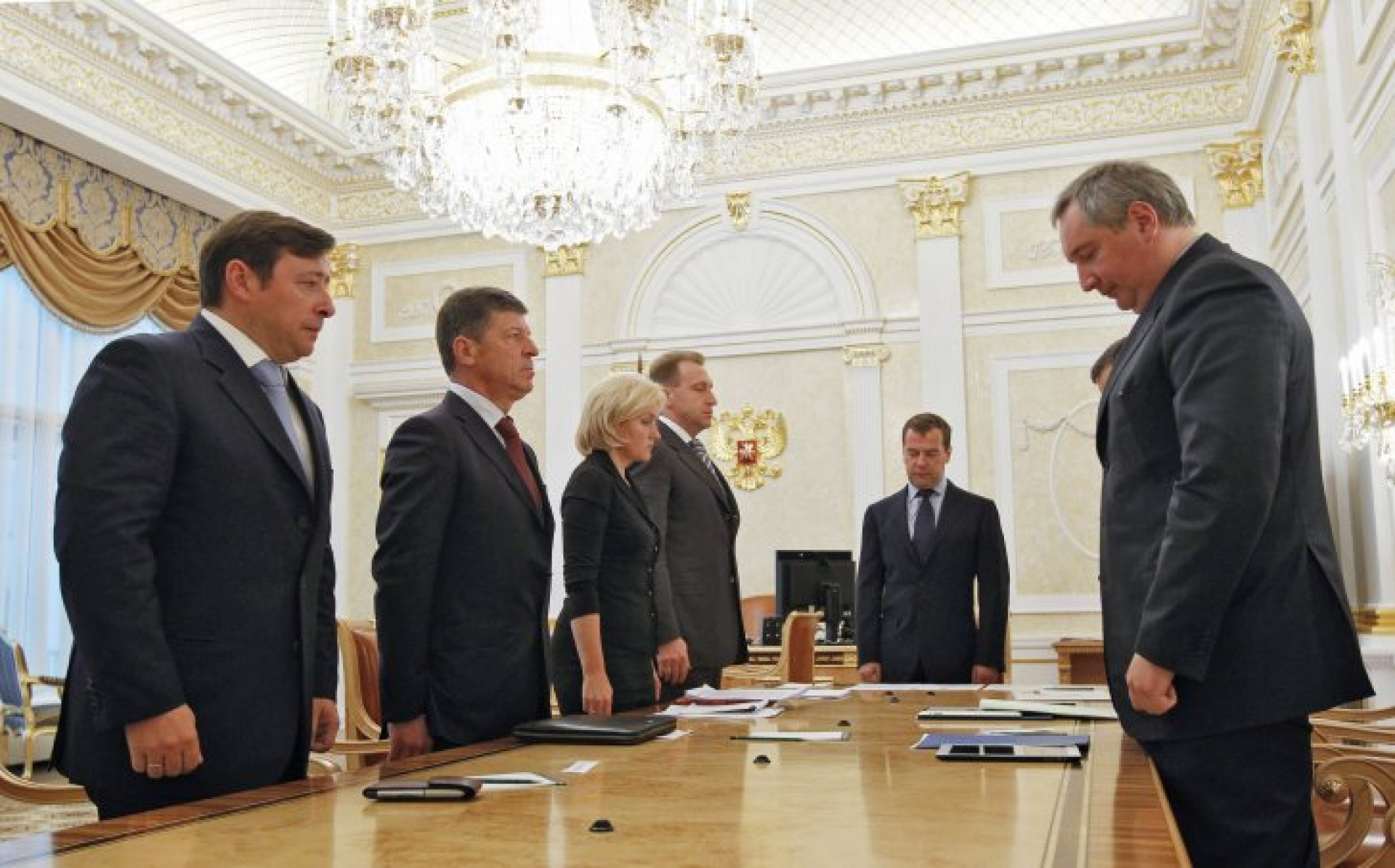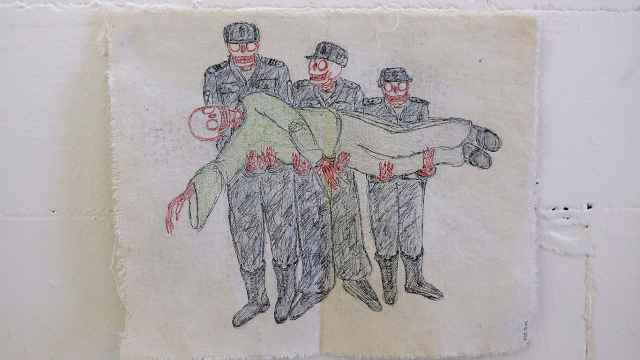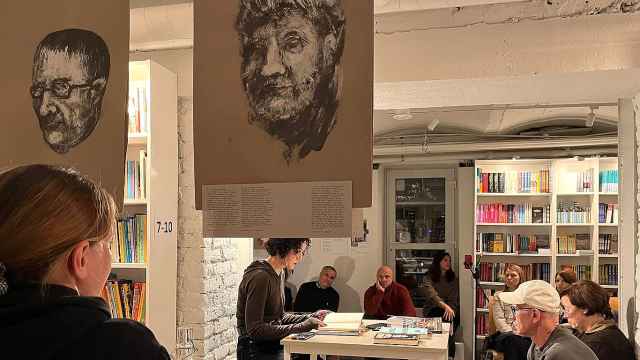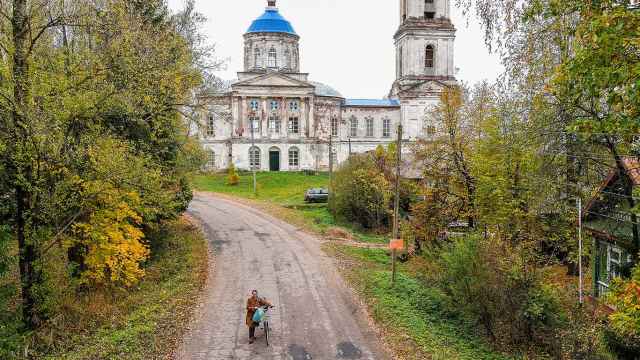Minister Acknowledges Flood Mistakes
The Emergency Situations Ministry acknowledged Monday that Krasnodar region residents had not been properly warned of impending flooding and blamed regional authorities, signaling that senior officials would not be faulted for the weekend disaster that killed at least 171 people.
Keeping the blame local, Krasnodar Governor Alexander Tkachyov put the mayor of Krymsk and the head of the Krymsk district, the two areas worst-hit by the flooding, on administrative leave, and federal investigators searched the offices of a local water company in connection with widespread suspicions that a failure at a reservoir it operates had caused the flooding.
Emergency Situations Minister Vladimir Puchkov told a government meeting that a new system would be created to warn people about pending natural disasters after the Krasnodar flooding amid heavy rainfall early Saturday laid bare the flaws of the current system.
"A system to warn the residents was set up," Puchkov said in televised remarks. "But, unfortunately, not everyone was warned early enough. Mistakes were allowed by local leaders and various services. Not all the population was warned in time."
The ministry has said that a flood warning was sent to Krasnodar cell phones, but many residents denied receiving the text message. During Soviet times, residents were alerted by warning systems installed in every house, but the system is now obsolete, even though many people continue to pay for it.
The flooding poses a challenge for the Emergency Situations Ministry after the recent departure of its longtime and charismatic leader, Sergei Shoigu. It also is the first national disaster for President Vladimir Putin after his return to the Kremlin two months ago.
Putin ordered the Emergency Situations Ministry and the Investigative Committee to report to him by Sunday on what had caused the flooding and how the aftermath was handled.
Investigative Committee officials on Monday searched the offices of Yugvodokanal, which is responsible for pumping water from the Neberdzhayevskoye reservoir in the Krasnodar region. Spokesman Vladimir Markin said company managers were also questioned in connection with the tragedy.
Yugvodokanal is controlled by the Yevraziisky Bank, chaired by Stanislav Svetlitsky, who served as a deputy energy minister from 2008 to 2010.
Svetlitsky's name surfaced in March when he and Anatoly Ballo, a Vneshekonombank deputy chairman, were investigated by the Interior Ministry in connection with the possible embezzlement of a $14 million loan allocated to purchase Yugvodokanal four years ago. The investigation remains ongoing.
Yevraziisky Bank representatives were unavailable to comment Monday, but the bank denied in a statement on its website that the reservoir had caused the tragedy.
An anonymous Yugvodokanal engineer told LifeNews.ru that the reservoir had not undergone repairs since being built in 1959.
The bank statement also said the reservoir only flooded its banks hours after the town of Krymsk was already deep in water.
A former Krasnodar governor said he doubted that human error had caused the flooding. "Any attempt to hold a person responsible is absolutely wrong because you can't predict a disaster like this," Nikolai Kondratenko, now a Federation Council senator, said by phone.
But ordinary people and bloggers have been quick to put the blame on the current governor, Tkachyov. The political opposition staged one-man pickets outside the Krasnodar region's government office in Moscow on Monday, carrying signs with slogans like, "The deaths of the people are on Tkachyov's conscience."
Tkachyov, who said the flood was an "unexpected event," suspended the two local officials and accused them of "an inability to work in critical situations."
As relief efforts unfolded in Krymsk, the atmosphere remained tense amid reports of looting, and the police appealed to citizens to surrender any guns that they owned.
Prime Minister Dmitry Medvedev said the government would allocate 3.8 billion rubles ($115.5 million) from a reserve fund to construct new housing and compensate flood victims. He said the families of those who died would each receive 1 million rubles ($30,000).
Postal workers visited homes in Krymsk on Monday, making cash payments of $300 and promising further compensation, Reuters reported.
The flooding has mobilized people across the country to collect donations for Krasnodar residents.
A visit to a donation point at 70a Prospekt Mira on Monday found a room overflowing with bags of clothes, medicine and necessities.
Also, a group of Russian and Belarussian volunteers have joined forces to create an online map of Krymsk to coordinate their work in distributing aid, Interfax reported.
Ilya Ponomaryov, a State Duma deputy with the A Just Russia party, told Ekho Moskvy radio that 100 volunteers have created a situation room in Krymsk to coordinate efforts.
About 19,000 people lost all their belongings in the flooding, emergency officials said.


